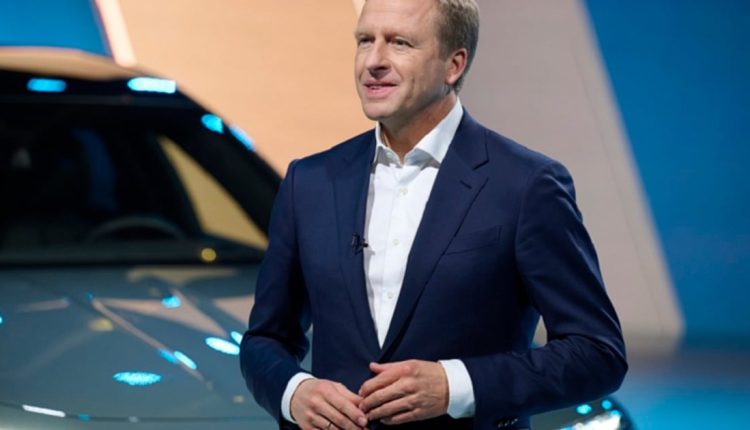BMW was the No. 1 German premium brand by unit sales in the first quarter. Its China sales fell 6.6 percent to 195,100. Mercedes-Benz sales increased to about 190,000 from 186,000 in the same quarter last year. Audi’s Chinese deliveries slumped by 16 percent to 137,315.
Zipse said BMW sold “significantly more electric vehicles in China” than its traditional rivals and “also more than many new manufacturers.” He did not break out BMW’s EV sales in China.
China accounted for 33 percent of BMW’s global sales of 791,985 in 2022, down 6.4 percent from the year before.
In China, BMW builds the i3 electric compact car, as well as the iX1 long-wheelbase compact electric crossover and electric iX3 midsize utility vehicle. The company aims to have 11 full-electric models on sale in the country by the end of the year, including imported models.
Zipse said BMW’s models were mainly sold at prices between 350,000 yuan ($51,000) and 1 million yuan ($145,000), where the brand has fewer competitors.
“The fastest growth in the Chinese market is in the base segment. Unlike here in the Western world, where it’s exactly the other way around,” he said.
Chinese brands have been increasingly pushing into the premium segment with EVs featuring a strong focus on high technology. Brands such as Nio, Xpeng, Aion, HiPhi and Li Auto have established a new market for homegrown premium products, with growing success.
European premium brands remain strong in combustion engines, which are still popular despite the increasing push to electric.


